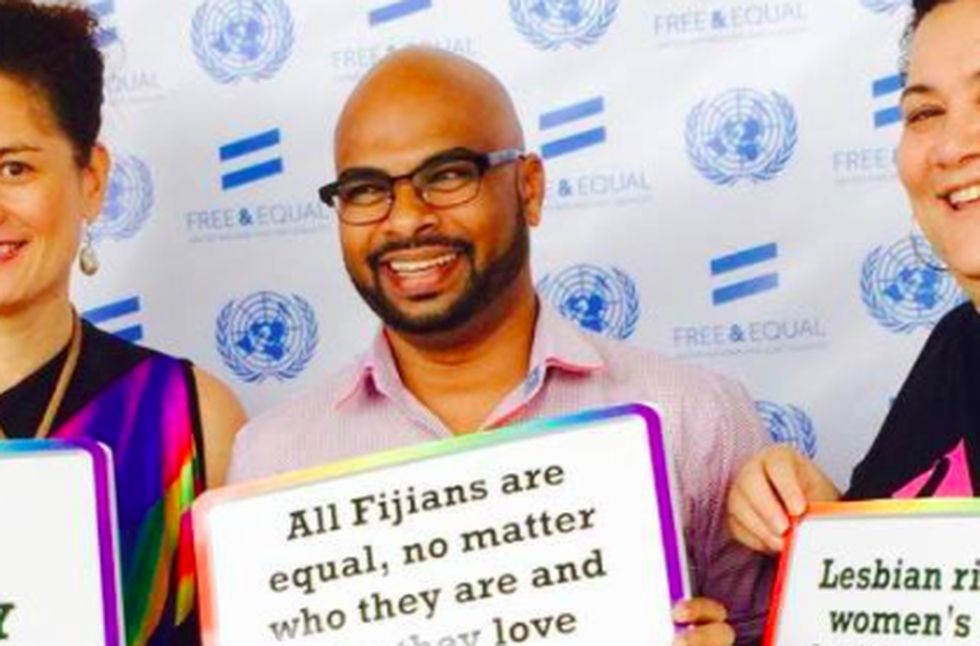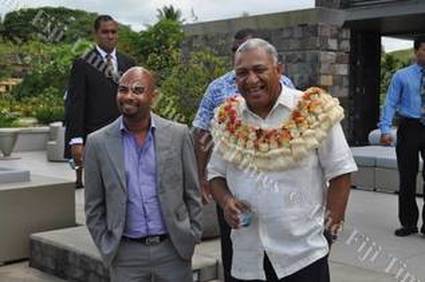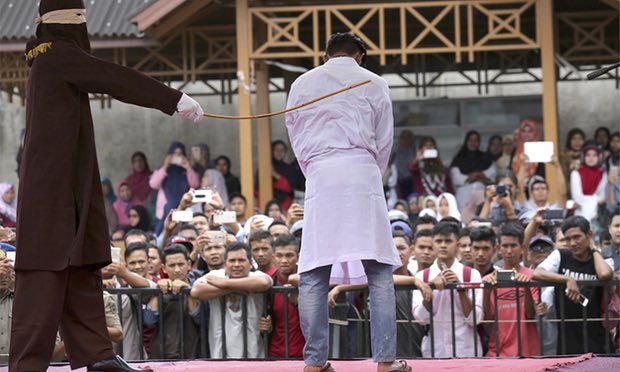The Fiji Human Rights and Anti-Discrimination Commission Director Ashwin RajThe Fiji Human Rights and Anti-Discrimination Commission will now investigate the guideline set by the Health Ministry that homosexuals cannot donate blood to the National Blood Service even if they have only one partner and practice safe sex.
Director Ashwin Raj says this policy is unconstitutional. Raj says immediate action needs to be taken as this is contrary to the constitution. The Health Ministry says that homosexuals are seen as high risk donors. Fijivillage raised this issue with the Health Ministry and the National Blood Service after we received confirmation that a man in his 20s was not allowed to donate blood during a recent blood drive due to his sexual orientation.
Whilst sharing his history with the Blood Service in front of other blood donors, the man was embarrassed when he was not given any reason on why he could not donate blood besides his sexual orientation. No questions were asked as the National Blood Service official just assessed that the man is homosexual. The man says that he was embarrassed because he was branded as a homosexual with the assumption that he has several partners although he only has one partner.
When questioned by Fijivillage, the Health Ministry says the World Health Organisation guidelines on blood transfusion recommend that donations of blood should not be accepted from people in a number of categories.
The Ministry says the purpose of excluding such people is to protect the donors themselves from potential risks of giving blood or to protect others from diseases that can be carried in donated blood.
The Health Ministry adds that to reduce the risk of spreading HIV through blood transfusions, the WHO guidelines also advise against accepting blood donations from people who engage in high‑risk sexual behaviour such as those who have multiple sex partners, receive or pay money or drugs for sex, including sex workers and their clients, men who have sex with men and women who have sex with men who have sex with men.
The ministry stresses that Fiji is guided by WHO’s expert advice on blood transfusion.
In order to avoid intrusive questioning, including questioning about individuals’ sexual behaviour, anybody in the categories is asked to self‑exclude from donating blood. Source: Fijivillage News, 11 April 2017
Indonesia: Two gay men facing 100 lashes for having sex
Case could become the first time Aceh’s sharia law has been enforced against homosexuality
Like the highly controversial proposed Fijian Village By-Laws, Aceh is the only region in Indonesia, a plural democracy, which allows local authorities to maintain parallel laws and police forces based on religious interpretations
The two Indonesian men, reportedly aged 20 and 24, were caught on 28 March by unknown men who forcibly entered a home. Local by-laws allow this kind of citizen’s arrest and the men are now being held by sharia police. In the video, one of the men appears distressed and confused. “Brother, please, help me, help me. We are caught.” he says into a mobile phone.
Two gay Indonesian men have been arrested and face 100 lashes in a case that is drawing international attention to the enforcement of controversial new Islamic bylaws in the semi-autonomous Aceh province.
Mobile phone footage, showing vigilantes slapping one of the young men as he sits naked on the ground awaiting arrest by local sharia police, has been shared on social media in the world’s largest Muslim-majority country.
Human Rights Watch has demanded their immediate release, saying their possible punishment – a public beating with a stick – constitutes torture.
The sentence has already been meted out for crimes such as adultery, but it is believed this would be the first time Aceh’s new statutes concerning religion and morality could be enforced against homosexuality.
Aceh is the only region in Indonesia, a plural democracy, which allows local authorities to maintain parallel laws and police forces based on religious interpretations.
The province, sitting on the northern tip of Sumatra island and holding about 2% of Indonesia’s population of 250 million, was granted this special status in 2001 as a compromise with historical separatist movements.
The anti-gay law was passed in 2014 and Human Rights Watch says these new statutes and punishments violate human rights treaties to which Indonesia is a party, and has asked president Joko “Jokowi” Widodo to intervene.
“The agreement which granted Aceh the legitimate right to form its own local bylaws did not allow them to persecute people for their religion or sexuality,” said Andreas Harsono, a researcher with Human Rights Watch in Indonesia. “Across Indonesia today, we are seeing rising discrimination in the name of Islam, including against women and LGBT community”
In October, the moderate Jokowi spoke out against increased abuse directed at LGBT persons in Indonesia, and said police must act to defend them.
“However, Jokowi has not backed up that statement with action,” said a statement issued by Human Rights Watch on 9 April.
The two men, reportedly aged 20 and 24, were caught on 28 March by unknown men who forcibly entered a home. Local by-laws allow this kind of citizen’s arrest and the men are now being held by sharia police.
In the video, one of the men appears distressed and confused. “Brother, please, help me, help me. We are caught.” he says into a mobile phone.





